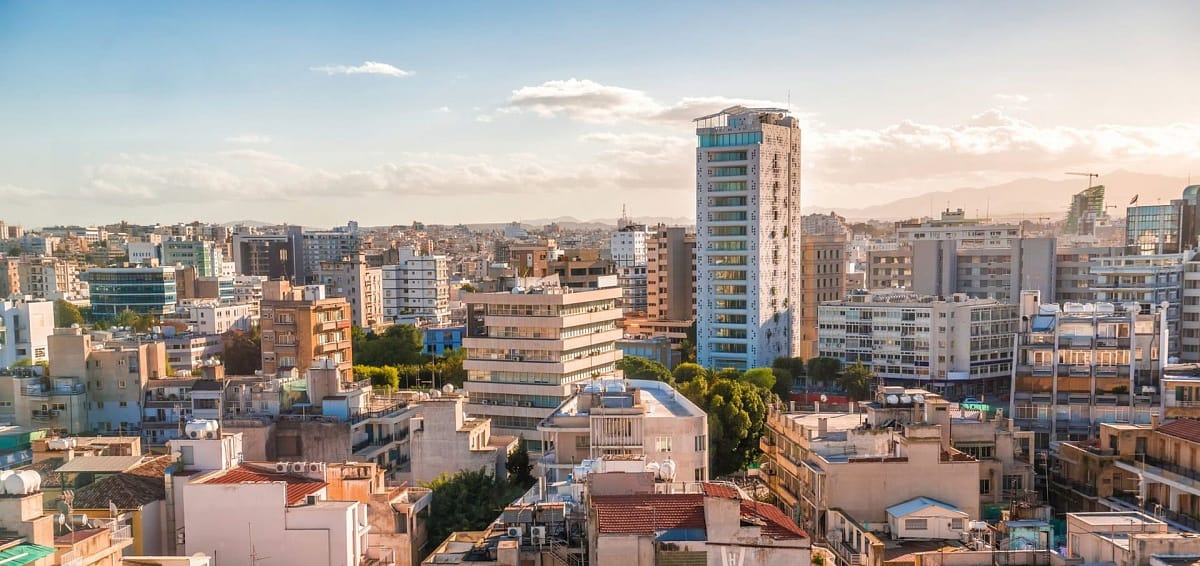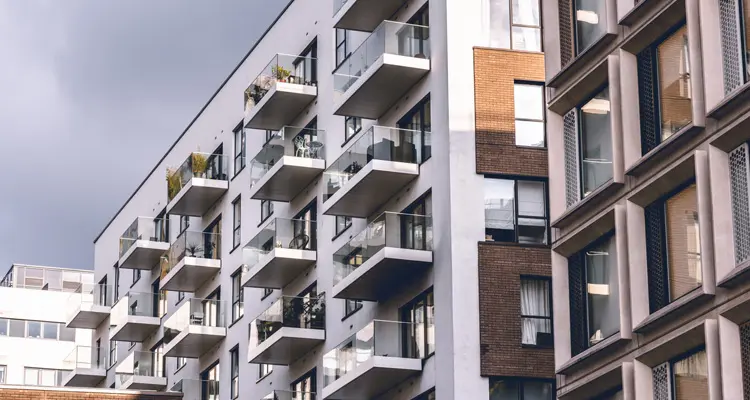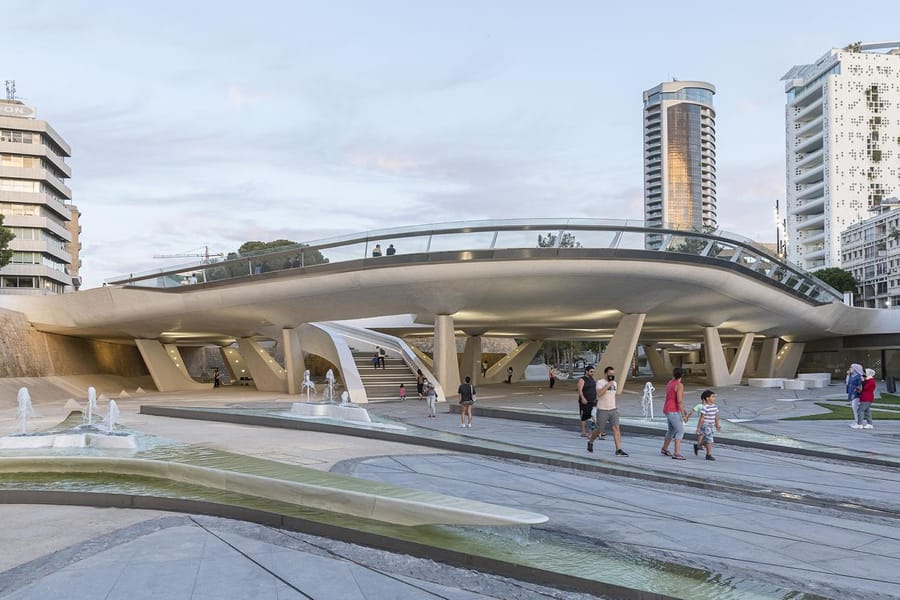Cyprus remains one of the most accessible property markets in the Mediterranean: ownership is freehold, English is widely used in legal transactions, and the cost structure is transparent. Below is a practical roadmap — from the first viewing to obtaining the Title Deed (certificate of ownership) — with specific notes for non-EU citizens, up-to-date taxes and fees, and the most common pitfalls.
Step 0 — Define Your Goal and Budget
Why are you buying? For permanent living, a holiday home by the sea, long- or short-term rental income, or as a capital investment.
Budget not only for the purchase price but also for:
- VAT (on new builds)
- Stamp duty
- Transfer fees (on resales)
- Legal fees
- Utility connections
Mortgages: non-residents are usually required to put down 30–40% of the purchase price. Rates are tied to EURIBOR, and banks strictly verify the source of funds under KYC/AML rules.
Step 1 — Appoint an Independent Lawyer (before paying any reservation fee)
Choose a Cypriot lawyer who is not affiliated with the seller or developer. Ask them to:
- Run a search on the Title and encumbrances (mortgages, memos, charges)
- Verify planning and building permits (for new builds)
- Review the Sale and Purchase Agreement (SPA), including assignment clauses if buying before separate Title Deeds are issued
Step 2 — Reservation and Due Diligence
A small reservation deposit secures the property while your lawyer completes checks. Ensure the receipt specifies whether the amount is refundable and that the reservation period is long enough for due diligence.
Step 3 — Signing the SPA, Stamp Duty and Depositing the Contract
Stamp duty (payable within 30 days of signing the SPA):
- 0% on the first €5,000
- 0.15% from €5,001 to €170,000
- 0.20% above €170,000
- Maximum €20,000 per contract
Depositing the SPA at the Department of Lands and Surveys (DLS) must be done within six months. This activates the Specific Performance Law — protecting your rights if the seller defaults or subsequent encumbrances arise. Late deposit risks penalties at transfer and weaker protection.
Step 4 — If You Are Non-EU: Acquisition Permit
Under the Immovable Property Acquisition (Aliens) Law, Cap.109, non-EU citizens must obtain a permit to acquire property (issued on a discretionary basis).
The government has announced plans to replace this outdated law (stricter limits are expected), but for now the current framework applies: typically up to two units (e.g. a residence plus a small commercial space) or a plot up to approx. 4,014 m² for a detached house. The exact limits relevant to your case should be confirmed by your lawyer.
Step 5 — VAT on New Builds (and How It Differs from Resales)
- Standard VAT: 19% on new residential property.
- Reduced VAT 5%: on the first 130 m² of a primary residence, subject to thresholds.
- Property value ceiling: €350,000.
- Area up to 190 m² may qualify partially (above 130 m² taxed at 19%); over 190 m² — full 19% applies.
- Resales: no VAT is payable, but transfer fees apply (see Step 7).
Step 6 — Payments and Inspections
For new builds, payments are staged against architect/engineer certificates. For resales, settlement occurs at final inspection and Title transfer. Always use bank transfers and keep receipts (for AML compliance and residency applications).
Step 7 — Title Transfer and Fees
At completion, the DLS transfers the Title into your name. Transfer fees:
- €0 if VAT was paid on the purchase (new builds).
- 50% discount on the base scale if VAT was not applicable (resales).
- Base scale: 3% / 5% / 8% according to price brackets.
Step 8 — After Completion: Utilities, Taxes, Rentals
- Utilities: register for electricity and water; budget for municipal refuse/sewerage fees.
- Annual property tax: abolished. Current taxes apply only at purchase, plus income tax on rentals and Capital Gains Tax on resale (case-specific).
- Short-term rentals (Airbnb/Booking): properties must be registered in the official registry of self-service accommodation (Deputy Ministry of Tourism). Operating without registration risks fines up to €5,000 and prosecution.
Buyer’s Cost Overview
- Stamp duty: up to €20,000 (payable within 30 days)
- VAT or transfer fees: one or the other applies
- Legal fees: €2,000–€5,000 depending on complexity
- Bank fees/valuation: if financing is required
- Ongoing costs: utilities, communal charges (for apartments), insurance
Do You Need Residency to Buy?
No — residency is not required.
However, if desired:
- Permanent Residency (Reg. 6(2)) requires investment from €300,000+ (plus VAT if applicable) in an eligible asset (commonly new residential property), clear criminal record, medical insurance, and proof of minimum income (threshold increases with dependants).
Common Pitfalls — and How to Avoid Them
- Failure to deposit the SPA: always file within six months to secure legal protection.
- Overconfidence with the 5% VAT rate: confirm eligibility in advance (strict area/value caps).
- Ignoring encumbrances: insist on Title and permit searches.
- Unregistered short-term rentals: register before listing.
- Non-EU buyers skipping the permit: still formally required under Cap.109 (reform pending).
What May Change in 2025–2026
The government is preparing a new property law to replace Cap.109 — aiming to close loopholes via corporate ownership and assignments. Until passed, the current rules apply. Factor this into your transaction timeline.
Mini Buyer’s Checklist
- Independent lawyer — before reservation
- Due diligence: Title, encumbrances, permits
- Sign SPA → pay stamp duty ≤30 days → deposit SPA ≤6 months
- Non-EU citizens: apply for acquisition permit
- Calculate VAT vs transfer fees, confirm 5% VAT eligibility
- Planning short-term lets? Register before launch
Final Word
The Cypriot process is straightforward if followed step by step: lawyer → due diligence → stamp duty and deposit → (for non-EU) acquisition permit → Title transfer. The technical hotspots are reduced VAT rules and SPA timelines. With a competent lawyer, owning a seaside home here becomes not just a dream but a well-managed reality.
And to explore properties for purchase, visit our marketplace anisad.com, featuring listings from 100% verified developers and agencies — covering over 70% of all property currently for sale in Cyprus.






